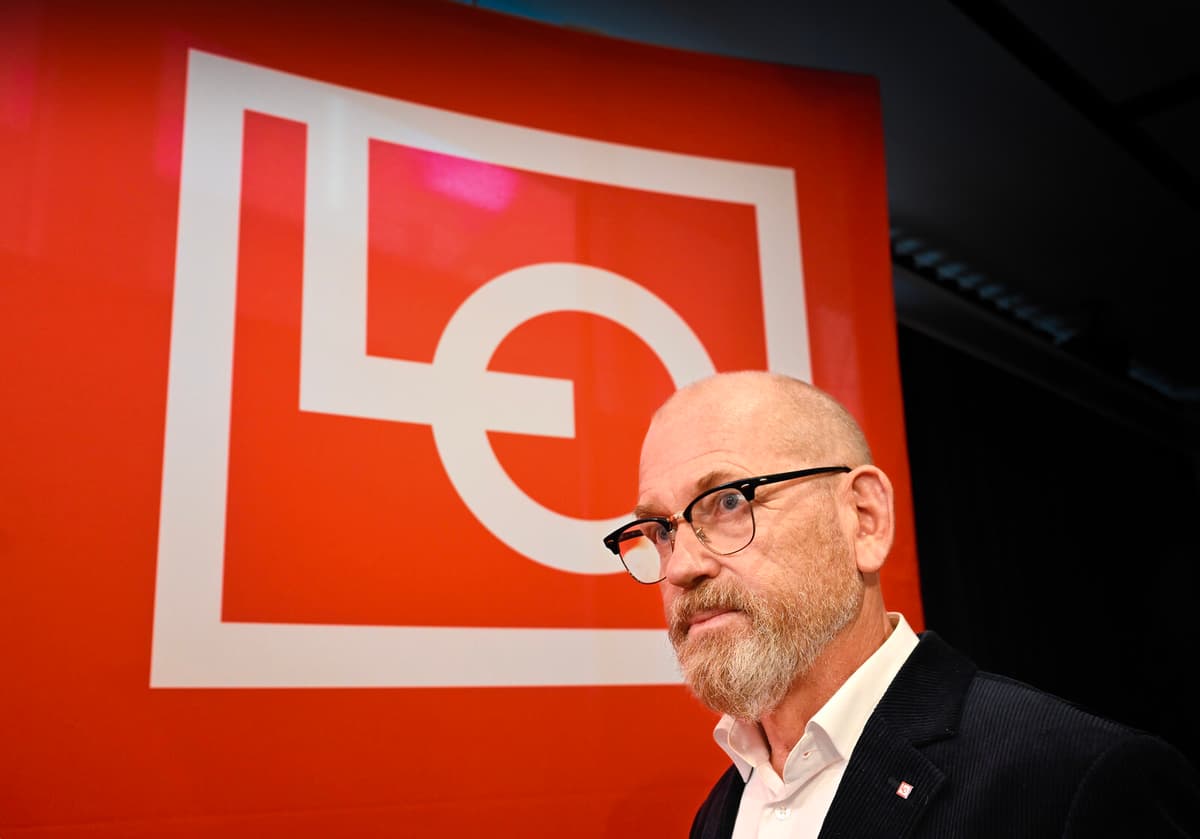Next week, the government will gather at Harpsund to discuss the details of the upcoming budget. The Confederation of Swedish Enterprise wants the government to make significant investments, 65 billion kronor in unfunded measures in the state budget for 2026.
Companies and households have had a tough time for a while, so the government needs to invest, says Sven-Olov Daunfeldt, chief economist at the Confederation of Swedish Enterprise.
The fact that households have had a tough time is something that LO chairman Johan Lindholm can agree with.
Money for ordinary people creates growth. It's not rocket science, says Lindholm.
Advertisement
Go with a deficit
The Confederation of Swedish Enterprise's proposal for tax cuts for those who already have, makes no major impact on households' total consumption and thus no boost to the Swedish economy, according to the LO boss - something that the Unionen union's chief economist Tobias Brännemo agrees with.
"The government should strengthen household consumption, primarily for those with small margins. Instead, the government has invested in tax cuts and expanded ROT deductions, which mainly benefit high-income earners," he says in a written comment to TT.
The National Institute of Economic Research has pointed out that there is room for unfunded investments in the budget of around 30 billion kronor. But the Confederation of Swedish Enterprise's Sven-Olov Daunfeldt thinks that the state can run a deficit in this situation.
Yes, I think you can do that.
Advertisement
The Confederation of Swedish Enterprise wants to see better conditions for entrepreneurship in the government's autumn budget, including lower corporate tax.
Creates many jobs
Lower employer contributions for young people is another proposal, something that, according to the Confederation of Swedish Enterprise, can create 38,000 full-time jobs. And lower income taxes, another job tax deduction, as well as lower marginal taxes, the latter of which only benefits the better paid.
Because the respect distance between receiving benefits and working increases then, says Daunfeldt.
On the other hand, he does not want to see what Finance Minister Elisabeth Svantesson (The Moderate Party) is flagging - security for families, which Daunfeldt interprets as increased child and housing benefits.
However, the unions want to see this, and they also want an expansive budget. There is no shortage of things for the state to put money into.
Food prices are still far too high and people can't make ends meet. The trains are standing still and the roads are deteriorating, says Lindholm.






